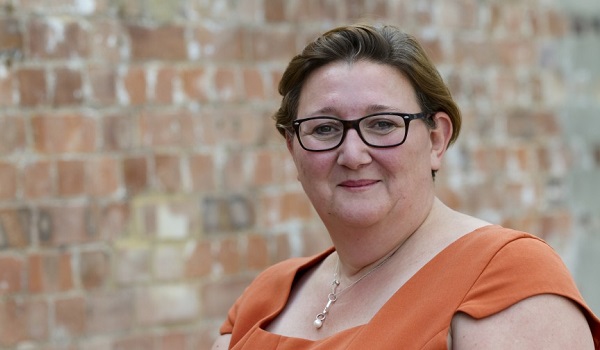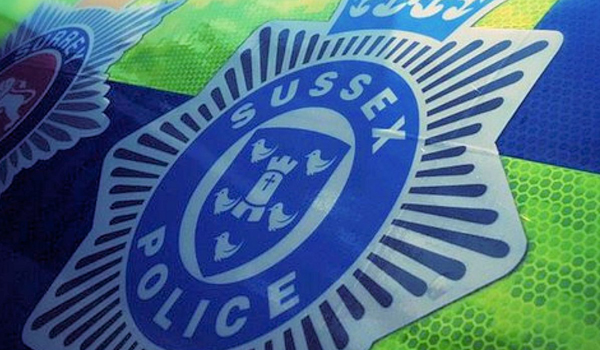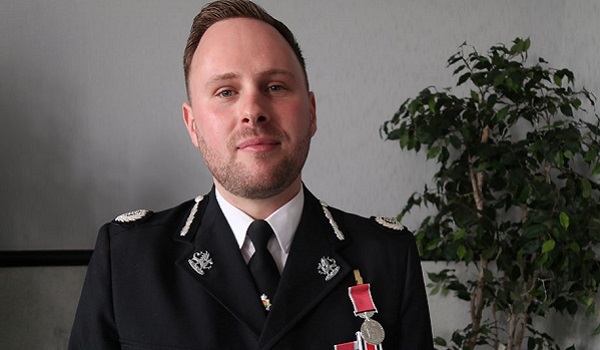Spotlight shines on ‘innovative’ VAWG strategies
Police and crime commissioners (PCCs) have been praised for their improving focus on protecting vulnerable women and girls.
Gender inequality, racial and ethnic discrimination and social exclusion are increasingly being recognised in PCCs’ approaches to tackling violence against women and girls (VAWG), according to Revolving Doors.
The charity has identified several examples of good practice across the country – including early intervention services that divert potential domestic violence perpetrators, and bespoke tailored workshops to provide victims with support.
However, it warned the Government’s goal of eliminating VAWG is still far off as just over a third of police and crime plans are actively addressing it as a strategic priority.
Christina Marriott, chief executive of Revolving Doors, said: “The experience of being victimised is almost universal in the lives of the women we work with in our forums.
“Violence against women is both a cause and consequence of mental ill-health, substance misuse and the multiple problems we see women grappling with.
“We are encouraged that PCCs are tackling VAWG and would encourage them to ensure that all women, including ethnic and sexual minorities, and disabled women are included in their planning.”
Approximately 1.2 million women across England have experienced “substantial” physical or sexual violence – but almost two thirds of cases are thought to go unreported.
The latest Crime Survey for England and Wales figures show the number of domestic abuse-related offences rose 20 per cent in the year to September 2017.
Meanwhile, the number of sex crimes rose 23 per cent and rapes rose by 29 per cent.
Revolving Doors’ previous review of police and crime plans, published in December, found just 35 per cent translated the prioritisation of VAWG into operational results.
On Tuesday (February 27), the charity released a spotlight on work carried out by a number of PCCs’ offices to share best practice with their colleagues.
These included the Respect Young People’s Programme, commissioned by North Yorkshire PCC Julia Mulligan, which is offering young perpetrators the chance to turn their lives around.
The initiative works with children aged ten to 16 who show early signs of abusive behaviour, and promotes wellbeing strategies to divert them from the criminal justice system.
Other examples include Staffordshire PCC Matthew Ellis’ Female Genital Mutilation Project, which is raising awareness of the offence across the region and developing sustainable responses.
Revolving Doors believes these schemes have prioritised prevention and early intervention, diversion, building community capacity, deterrence and specialist victim support – areas it claims are “essential” for good practice.
The Home Office established a VAWG transformation fund in 2016 to help PCCs create effective programmes.
Fourteen PCCs have successfully applied for funding so far.
Dame Vera Baird, victims lead for the Association of Police and Crime Commissioners, said she was “delighted” to see innovative projects delivering a route to safety for women and girls.
“Such innovations clearly demonstrate our commitment to taking action against such abhorrent violence,” she added.







